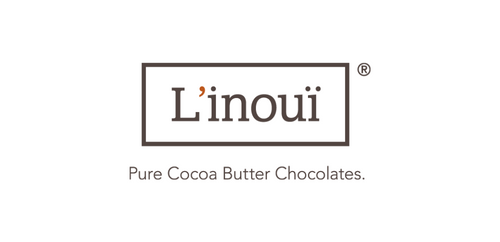When it comes to baking, frosting is the cherry on top of your cupcakes - but what if the frosting isn't dairy-based? Is non-dairy cream frosting just as healthy for us as traditional dairy-based frostings? In this article, we take a look at the pros and cons of non-dairy cream frostings to determine if they can be considered a healthier option. Read on to find out!
Introduction to Non-Diary Frosting
When it comes to deciding whether or not to have non-dairy cream frosting, there are a few things you should consider. The first is what your goals are for your health. If you're trying to eat more plant-based foods, then non-dairy cream frosting made with vegan ingredients is a good option. If you're trying to limit your sugar intake, then look for a recipe that uses unsweetened nondairy milk and no added sugar.
There are a few potential health benefits of using non-dairy cream instead of regular dairy cream. One is that it's lower in saturated fat. This means it can help you maintain a healthy weight and cholesterol levels. Another benefit is that it's usually made with healthier fats, like olive oil or coconut oil. These fats can actually help improve your cardiovascular health by reducing bad cholesterol and increasing good cholesterol levels.
But there are also a few potential downsides to using non-dairy cream instead of regular dairy cream. One is that it might not be as thick and rich. This can make it harder to pipe or spread on cakes and cupcakes. Another downside is that some brands use unhealthy ingredients like hydrogenated oils, palm oils, or even corn syrup solids in their products. So, be sure to read the labels carefully before buying any non-dairy cream product.
What is Non-Dairy Cream Frosting?
Looking to make a healthier version of your favorite cream frosting recipe? Non-dairy cream frostings are a popular choice for those wanting to avoid dairy products. But are they actually healthier for you? Let’s take a look at the pros and cons of non-dairy cream frosting to help you decide if it’s the right choice for you.
Pros:
Non-dairy cream frostings are generally lower in calories and fat than their dairy counterparts. They also tend to be free of cholesterol and unhealthy trans fats.
Some non-dairy frostings are made with healthy ingredients like nuts, seeds, and fruits. This makes them a good source of essential vitamins, minerals, and antioxidants.
Cons:
Many commercially prepared varieties also contain artificial ingredients and preservatives. Some non-dairy frostings may also contain traces of dairy due to cross-contamination during manufacturing.
If you have a dairy allergy or intolerance, it’s important to read labels carefully to make sure the product is safe for you to eat.
Also, most of the mass-manufactured non-diary cream frostings are mostly made of hydrogenated oils, palm oils, or even corn syrup solids which are quite dangerous and harmful to your health.
Potential Health Risks of Non-Dairy Cream Frosting
There are a few potential health risks to consider when consuming non-dairy cream frosting, such as the amount of saturated fat and sugar in the product. While non-dairy cream frosting may be a healthier option than its traditional counterpart, it's important to be aware of the potential risks before indulging.
Saturated fat is one of the main ingredients in non-dairy cream frosting, and too much-saturated fat can lead to unhealthy cholesterol levels and heart disease.
Sugar is also a key ingredient in most non-dairy cream frostings, and too much sugar can lead to weight gain, diabetes, and other serious health problems. If you're concerned about your health, be sure to check the labels on non-dairy cream frostings before you buy them, and steer clear of products with high levels of saturated fat and sugar.
Differences Between Dairy and Non-Dairy Cream Frostings
When it comes to choosing between dairy and non-dairy cream frostings, there are a few key differences to keep in mind. Dairy cream frostings tend to be richer and higher in fat, while non-dairy varieties are typically lighter and lower in calories.
Non-dairy frostings also generally have a more subtle flavor, since they don't rely on milk or cream for their base. This can be a good or bad thing depending on your preferences. If you're looking for a rich, decadent frosting, dairy is probably the way to go. But if you want something light and refreshing, non-dairy might be the better option.
Finally, it's worth noting that most non-dairy frostings contain some form of vegetable oil (usually soybean or palm), which some people prefer to avoid. If this is a concern for you, make sure to read the ingredients list carefully before making your purchase.
Conclusion
After assessing the pros and cons of non-dairy cream frosting, it's evident that a few alterations can create a healthier dessert. That being said, mass-produced versions are often manufactured with hydrogenated oils, palm oils, and even dubious corn syrup solids - all of which can be detrimental to your health.
At Linoui, we are committed to sourcing the cream of the crop in fresh dairy cream from around the world, providing unequaled richness, creaminess, and deliciousness.



